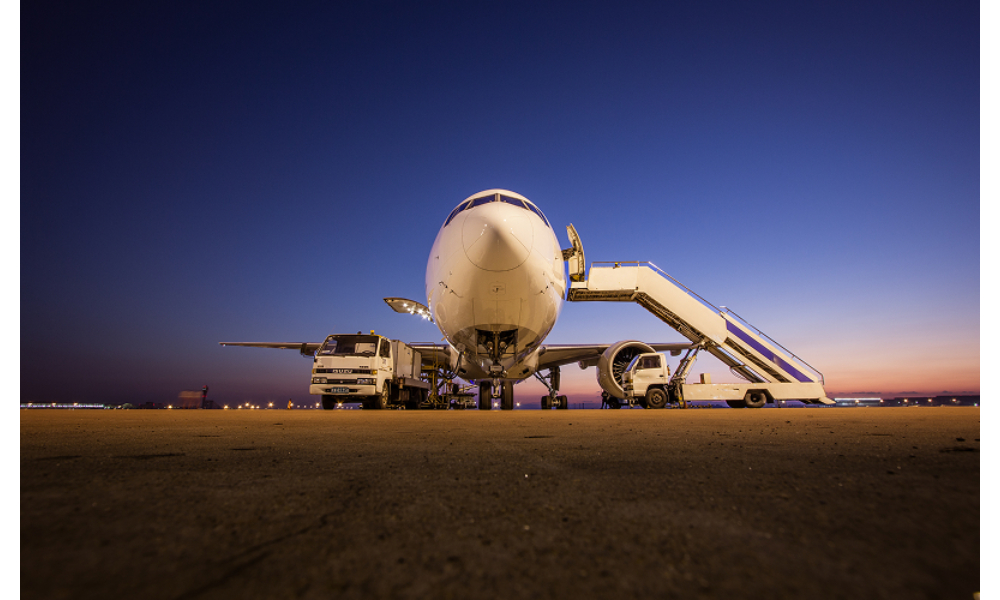When it comes to getting goods from one place to another, speed and reliability are often at the top of the list. For many businesses in Singapore, especially those dealing with overseas partners, air freight feels like the obvious choice. But the big question is, can air freight really work when you’re delivering to remote locations? That’s where the experience of a freight forwarder in Singapore can make all the difference.
Why Businesses Rely on Air Freight
One of the main reasons companies use air freight is time. While sea freight or road transport may take days or even weeks, cargo flights can move products across countries or continents in a matter of hours. This is a huge advantage when dealing with urgent goods like medical supplies, fresh produce, or parts that are needed to keep operations running.
Reliability is another factor. Airlines generally stick to strict schedules, so businesses have more certainty about when their shipment will arrive. For remote locations, where alternatives might be less predictable, having a dependable option can take away a lot of stress.
The Challenges of Serving Remote Areas
Of course, air freight isn’t always a straightforward solution. Some remote areas don’t have airports that can accommodate large cargo planes. That means shipments often have to pass through bigger airports before being transferred to smaller planes, boats, or trucks for the final leg of the journey.
Cost is another challenge. Air freight is almost always more expensive than sea or land transport. When you add in the extra steps needed to reach remote destinations, the price can increase even further. Businesses have to weigh whether the speed and convenience justify the added expense, especially for items that aren’t urgent.
The Role of Freight Forwarders
This is where a reliable freight forwarder in Singapore comes in. Instead of leaving businesses to figure out the logistics themselves, a forwarder takes charge of planning the best routes, managing paperwork, and coordinating with different transport providers.
They can also mix and match transport methods. For example, a shipment might fly to a major hub and then continue by sea or land to its final destination. By combining different modes of transport, businesses can find a balance between cost and efficiency.
When Air Freight Makes Sense
There are situations where air freight is clearly the best option, even for remote areas. For instance, delivering emergency medical supplies to isolated communities can’t wait for a slower method of transport. Similarly, high-value equipment or spare parts that are crucial for keeping operations going are safer and faster to deliver by air.
In disaster zones, air freight often becomes the only option. Relief teams depend on cargo flights to bring in food, medicine, and emergency tools quickly. In these cases, the higher cost of air transport is justified by the urgency of the situation.
Striking a Balance
At the end of the day, it’s about balance. Air freight is unmatched in speed, but it’s not always the most practical or affordable option for every situation. That’s why it’s important to work with a freight forwarder in Singapore who understands the complexities of remote deliveries. They can help businesses make informed decisions by weighing urgency, costs, and available infrastructure.
Conclusion
Air freight isn’t always the cheapest or simplest option, but it’s a lifeline when time and reliability are critical, especially for remote areas. With the guidance of a skilled freight forwarder in Singapore, businesses can find ways to overcome logistical challenges and ensure that even the hardest-to-reach destinations get the supplies they need. If your company is looking to deliver goods to remote locations, now is the perfect time to reach out to ALPS Global Logistics for expert advice and tailored solutions.




